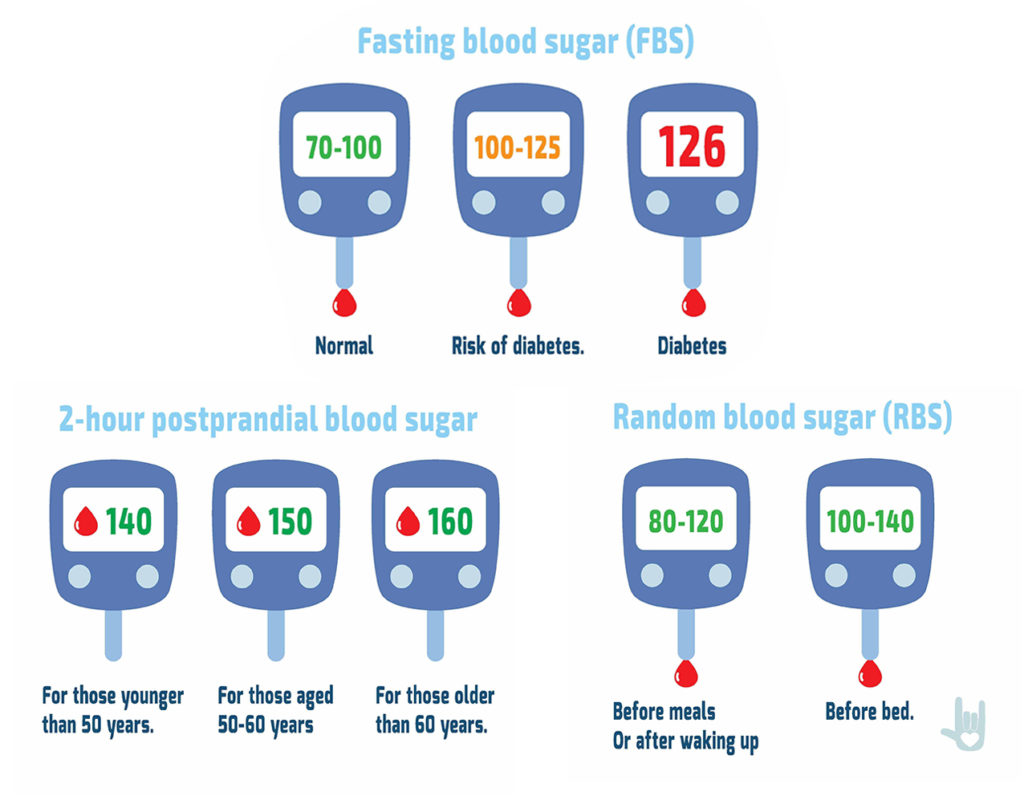
When you have diabetes, your blood glucose levels (aka blood sugar) levels can be consistently high. Over time, this tends to damage one's body and cause many other problems.
How much sugar from the blood is way too much? And why is high glucose so bad? Here’s a review of how your levels affect your overall health.
What Are Normal Blood Sugar Levels?
They're a lot less than 100 mg/dL after not consuming (fasting) for a minimum of 8 hours. And they're a lot less than 140 mg/dL a couple of hours after eating.
During the morning, levels are usually at their lowest right before meals. For most people without diabetes, blood glucose levels levels before meals hover around 70 to 80 mg/dL. For some people, 60 is typical; for some individuals, 90.
What's a minimal sugar level? It varies widely, too. Many people's glucose will not fall below 60, despite having prolonged fasting. When you diet or fast, the liver keeps your levels normal by turning fat and muscle into sugar. A few people's levels may fall somewhat lower.
Diagnosis
Doctors begin using these tests to discover if you have diabetes:
Fasting plasma glucose test. The doctor tests your blood sugar levels levels after fasting for 8 hours and it’s greater than 126 mg/dL.
Oral glucose tolerance test. After fasting for 8 hours, you recruit a special sugary drink. Two hours later your sugar level is above 200.
Random check. The doctor tests your blood glucose and it’s more than 200, plus you’re peeing more, always thirsty, and you’ve gained or lost a lot of weight. They’ll then execute a fasting sugar level test or even an oral glucose tolerance test to verify the diagnosis.
Any sugar levels above normal are unhealthy. Levels that are more than normal, however, not reaching the stage that full-blown diabetes, are known as prediabetes.
According on the American Diabetes Association, 86 million people inside the U.S. have this disorder, which can bring about diabetes unless you make healthy change in lifestyle that your doctor recommends. It also adds to the risk for heart related illnesses, however, not as much as diabetes does. It's possible to keep prediabetes from becoming diabetes with eating and working out.